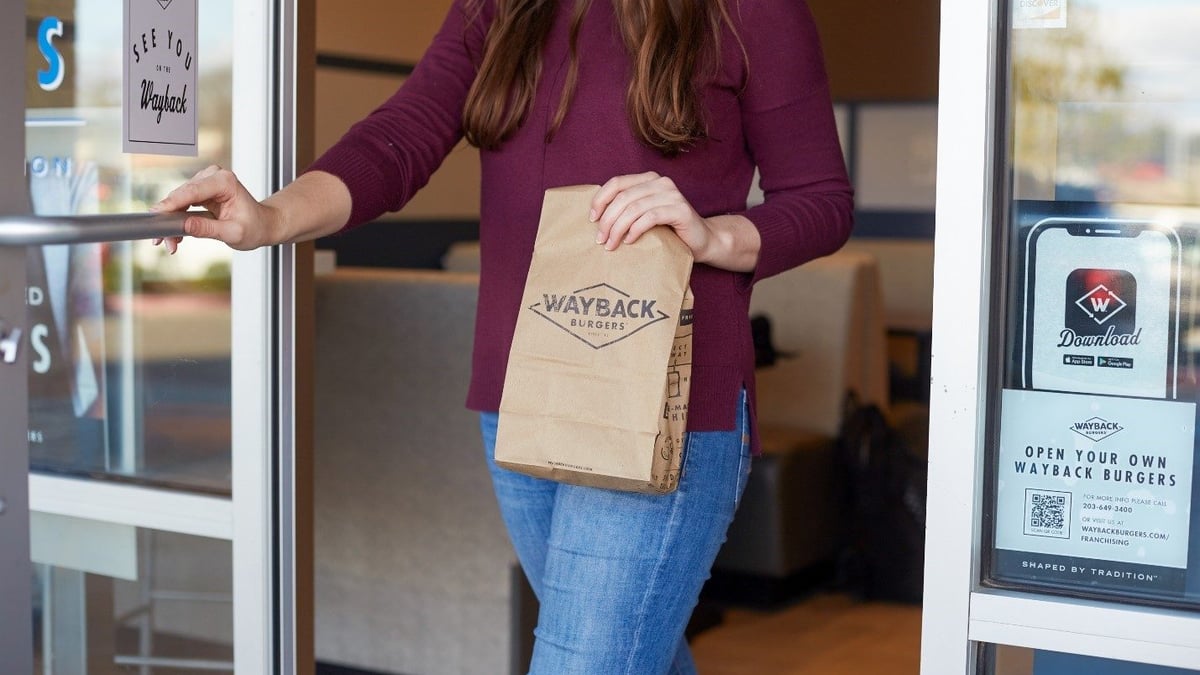Defining Fast-Casual
Fast-food and fine dining may exist on opposite sides of the restaurant spectrum, but fast-casual takes certain aspects from each category to create the best of both worlds. Fast-casual restaurants offer the convenience and affordability of fast-food with the high-quality ingredients and exciting flavors of many fine dining establishments, minus the stuffy atmosphere. As a hybrid concept, many fast-casual restaurants offer both sit-down and takeaway services, customizable menu options, and an emphasis on fun and flavor.
One of the key factors driving fast-casual restaurant industry growth is the constant demand for innovation and menu customization. Consumers never grow weary of trying new flavor combinations and specialty items. Changing lifestyles and rising demands for on-the-go food ensure that fast-casuals will always have opportunities to grow and meet new trends and changing preferences.
Diners are digging into the constantly expanding options and inviting ambiance provided by fast-casual restaurants, and there’s never been a better time for hungry entrepreneurs to take a seat at the table. By 2027, the fast-casual restaurant industry will be worth a whopping $209 billion — and growing. New types of cuisine and fresh takes on old-school favorites can all find a place in the fast-casual sector, making it an appealing market for diners and business owners alike.
Bridging the gap between full service and fast-food, the fast-casual restaurant industry is filled with an endless amount of flavorful potential. Diners can take their pick of virtually any type of cuisine under the sun, and the top fast-casual restaurants appeal to the growing consumer demand for meals that are quick, inexpensive, and use higher quality ingredients than traditional fast-food fare. That’s why it is no surprise many new fast-casual restaurants are among the fastest-growing food chains in the industry.
Pros & Cons of Owning a Fast-Casual Franchise
Starting a new business can be challenging, especially if you’ve never built a business from the ground up. The good news is, opening a fast-casual franchise restaurant gives you the opportunity to do just that with the backing of an established brand. However, the franchise route doesn’t suit everyone, and the upsides for some may feel like drawbacks for others. It is essential to recognize what your needs and goals are before you jump in.
- Startup support. Opening a fast-casual restaurant within a proven franchise system takes out a lot of the startup legwork you would have to tackle on your own as an independent restauranteur. The market research, product creation and assessment, location optimization and more are rolled into the initial costs of opening a franchise, backed by the brand’s experience and success.
- Initial startup costs are typically lower for opening a fast-casual franchise location than that of an independent or fast-food franchise, and they break down in a clear way in the Franchise Disclosure Document (FDD) that shows you exactly what your investment is paying for. It’s also typically easier to secure a loan with a proven franchise system than an untested concept. At the same time, the initial costs may prove prohibitive for a restauranteur only interested in opening a small one-off restaurant. And on top of opening costs, most franchises require ongoing royalty payments for use of the brand name and system of operation, including marketing and advertising.
- Brand recognition. Another benefit of investing in a fast-casual franchise is the fact that franchises provide you with built-in name recognition from day one, something that can take a lot of time (and advertising money) to build on your own. When customers see your restaurant’s name on the door, they already know what to expect, which is major value added. Just as brand recognition can be a big selling point for owning a franchise, it can also become detrimental if any broader problems should befall the brand. The best way to avoid any unforeseen controversy is to really do the research into specific franchises and find the one that best aligns with your beliefs and approach to business.
- Marketing advantage. Fast-casual franchises can promote their brand, and, in turn, your business, through far-reaching marketing campaigns via online advertisement, television, radio, and other highly visible platforms. These brands have the funds and the resources to keep the business growing. As a franchisee, you’ll benefit from the experience and expertise of a dedicated marketing team whose sole job it is to build the brand.
- Training and support. One of the biggest draws of opening a fast-casual restaurant within a franchise system is the benefit of an established training and support network. Franchises are made successful by their proven methodology and business model, which can be replicated and shared to maintain a sense of continuity between all outposts.
A fast-casual franchise will give you all the tools necessary to help you run your restaurant as seamlessly as possible from the start, with training on everything from leadership methods to daily operations to customer service. There is no need for trial and error, as a franchise will already have the systems to best optimize your business.
Dig Into Fast-Casual with Wayback Burgers
Still curious about the perfect example of a fast-casual franchise that embodies the best qualities? Wayback Burgers sets the gold standard for the industry, with elevated yet nostalgic food, a focus on quality and guest service, and a business model that attracts hungry diners and dedicated owners. If you have more questions about what makes Wayback Burgers a leader in the fast-casual better burger market, visit our franchise FAQ page.
To learn more about franchising opportunities, get started today.

